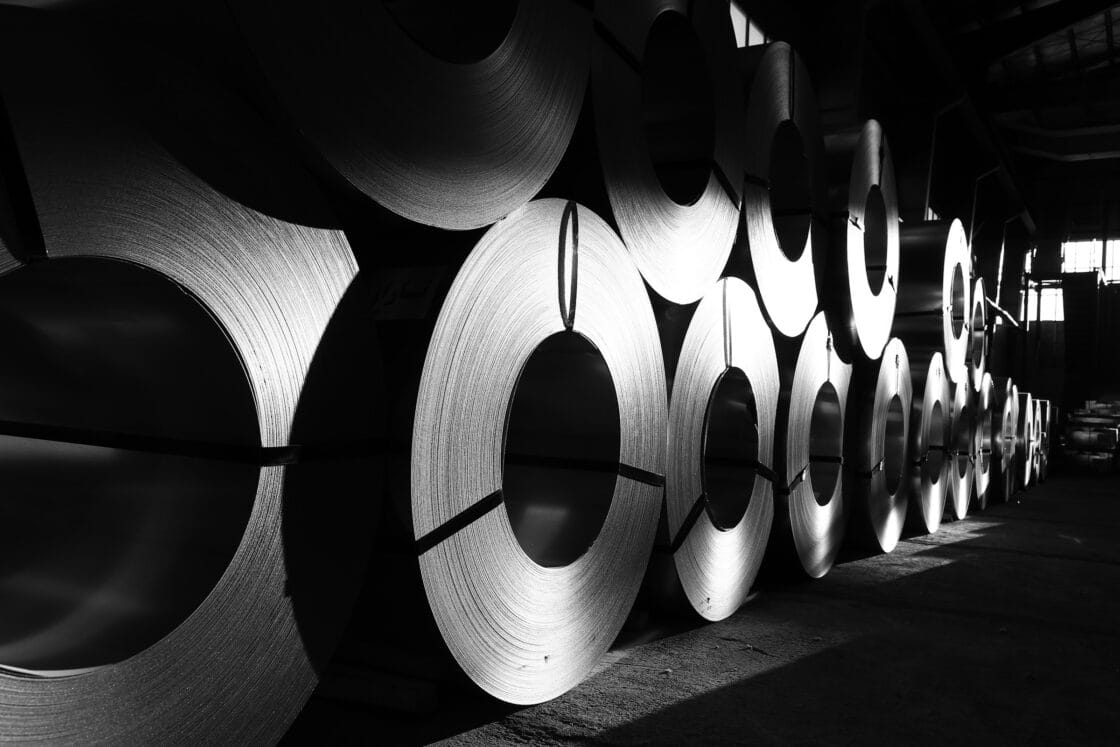Large steel-procuring companies concentrate on reducing their direct emissions, while the majority of emissions originate from their value chains. Companies must act to reduce emissions in their value chains for instance by committing to buy low-emission steel and by setting science based emissions reduction targets. The emergence of a lead market is a prerequisite for scaling up new technology, promoting the phase-out of emission-intensive, carbon-based production.
Companies need to act on their value chain emissions this decade
Steel production is a major source of greenhouse gas emissions. If business-as-usual iron and steel production using carbon-based technology continues, steel production threatens to consume almost a quarter of the entire carbon budget by 2050.
Companies tend to focus on reducing their direct emissions, although in material-intensive sectors, most emissions are generated in the companies’ value chains. Responsible companies must address the emissions in their value chains if they want to reach net zero by 2050.
The transition to low-emission technologies requires considerable investments from steelmakers. When companies consuming steel and steel products make commitments to procure fossil-free steel, demand for low-emission alternatives increases. This makes investments more profitable and less risky for steelmakers. A strong demand signal encourages the development and scaling up of low-emission steelmaking.
Nordic companies are well-placed for taking responsibility for the impacts of their value chains.Renewable, affordable energy is abundantly available, and thanks to this, the world’s first fossil-free steel projects are also under construction here. The Nordic countries have ambitious, legally binding climate targets that equally oblige and support companies to set science-based targets both for themselves, and for their value chains.
Our impact
We accelerate the corporate sector’s transition towards a fossil-free steel value chain. We annually publish a critical analysis of the sustainability performance of listed companies that purchase steel. We provide information and engage in dialogue with companies. We visit annual general meetings to highlight shortcomings and demand action towards reaching net zero in value chains. We cooperate with other European NGOs working on steel and climate through the European Fossil Free Steel Network.

